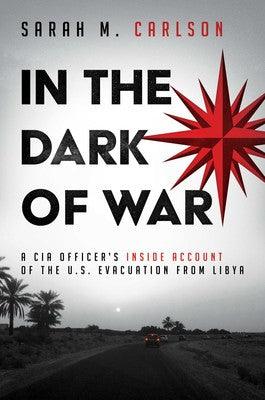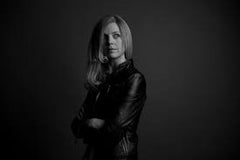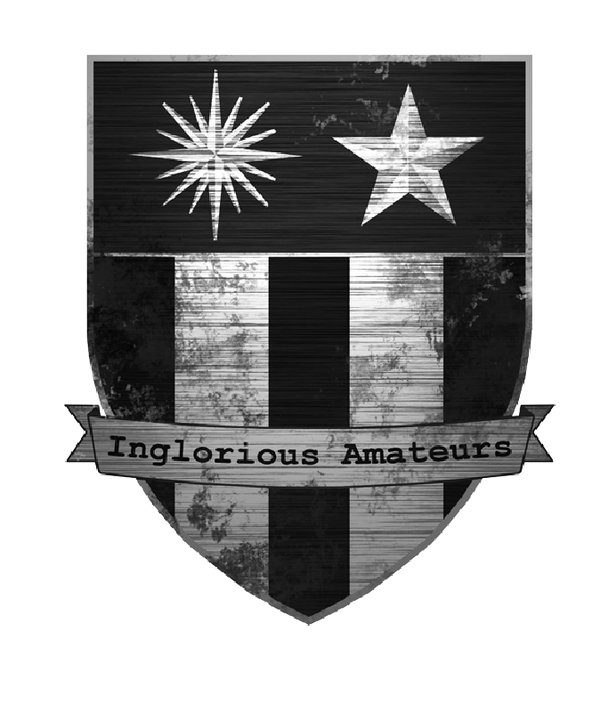
Book Review - In the Dark of War
Share

Sarah Carlson has had a heart for public service her entire adult life. She comes from a family with a strong commitment to serving in our military and in their communities. Sarah’s journey of service started in her local PNW emergency management community, but shortly after 9/11, took her to the federal realm as a CT analyst at DIA. After 5 years in DIA, including being deployed to Iraq, Sarah jumped over to CIA where she continued serving as an analyst in CTC. Her time at CIA included an eventful deployment to Libya, where she spent a year culminating with the overland evacuation to Tunisia of the entire US mission to Libya. Over 150 Embassy staff traveled across 250 miles of desert in the middle of a revolution in order to get to safety. Her book, In the Dark of War, covers all of this but focuses on her experiences in Libya during the lead up to, and actual evacuation.
Sarah’s story is an intensely personal story. Within appropriate boundaries to protect identities, she opens up her life in Libya including her fears and uncertainties, finding burgeoning love in a war zone, frustrations with bureaucracy, and the importance of her deep-rooted Christian faith. She tells her stories in chapters alternating back and forth between the evacuation story, and flashbacks leading up to it.
The reader gains a small window of insight into the life of a CIA analyst in an austere and dangerous environment. The hours are long, the time off is little, the contact with family and friends back home is infrequent and the bureaucracy and internecine conflict with other agencies can be maddening. While it may seem extreme to some, the picture she draws is accurate, and for those wanting to understand if this life might be for them, it provides a rare reality check on what doing the job is like.
Sarah’s recounting of the political and military environment is robust though for readers without a strong interest in Libyan affairs or the intricacies of counterterrorism, some of the detail may be a bit overwhelming. That said, it helps provide context for the deteriorating security and political environment and gives us some insight into her capabilities as an analyst and briefer.
Intelligence community insiders will recognize the various details that Sarah had to modify or cut from the book to get it through the Agency’s Publication Review Board. Sarah ultimately had to sue the Agency to get the final approvals needed for publication, a process that took almost two years.
As a former DO officer who has served in high threat environments, much of her recounting resonated. The intensely strong emotional bonds you develop with those you serve alongside, the things you begin to think and talk about as you plan your return home, the difficulty of managing cover status and job requirements (often in an Annex or other location), and the value you place on the role served by GRS and other security staff who work so hard to keep us safe while we do our jobs. And even the role faith plays for many of us.
This is not an academic tome, and the reader will not learn any new secrets about the Agency, but it is definitely a strongly personal memoir of a difficult and challenging time. Her story, and the work she did in Libya, reflect very highly on Sarah’s character and work ethic. Our nation continues to need men and women like Sarah to go do this work in hard places around the world, far from home, family, and friends.
You can follow Sarah on Twitter @smcarls1
* I received this book as a courtesy from the author so I could review it. I am not bound by any written, verbal, or implied contract to give this product a good review. All opinions are my own and are based off my personal experience with the product.
